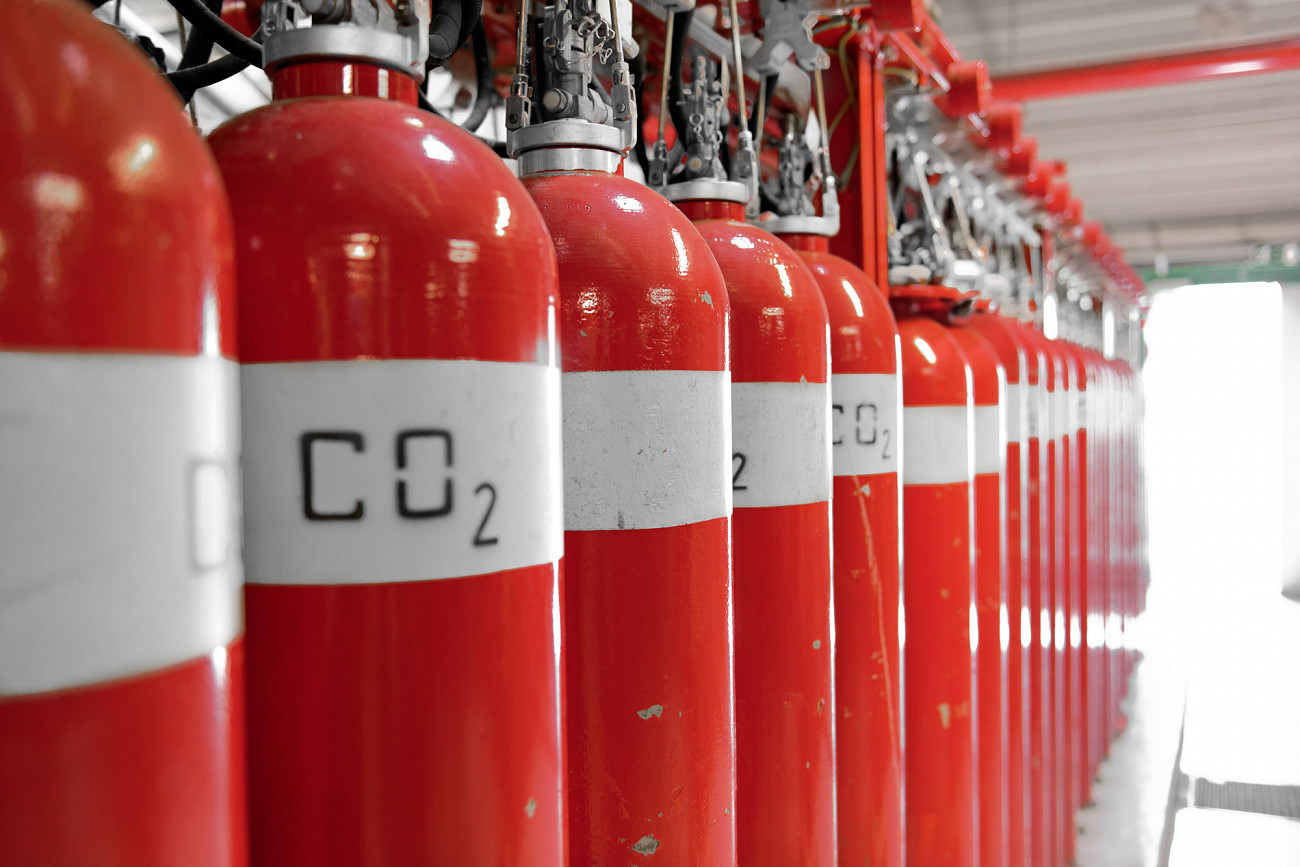The CO2 crisis shows how under-the-radar sectors can be thrown into the spotlight overnight. It also highlights the importance of executives’ ability to withstand high levels of scrutiny during these important moments.
How many people knew much about the CO2 industry last month? Outside of industry professionals, the number likely does not go much above a couple of thousand in the UK. Maybe less.
In spite of that, this week, the industry, its biggest firms, and senior players – such as CF Industries and its CEO W. Anthony Will – have been projected into the spotlight, with wall-to-wall coverage from newspapers and TV, and follow-on commentary on social media.
On one hand, this shows the importance of thinking carefully about reputation regardless of where you sit in the economy. It can be easy to believe that your under-the-radar status provides you with a degree of protection against attention.
However, increasing levels of volatility in the economy, especially in the UK, mean that relatively unknown aspects of our industrial plumbing can become headline stories overnight.
This leads to periods of intense scrutiny, not only from the public and journalists, but from policymakers, regulators, business peers, and investors too. It is important that your reputation holds up during these short, but intense, periods.
For example, have you previously posted family photographs of yourself on social media? These photographs risk being published alongside coverage. Or, do false smears exist about you online? These could well be picked up and repeated during these periods of scrutiny. Preparatory action, such as conducting a reputation risk audit, will help to control such risks.
But, perhaps more importantly, during periods of turbulence, you are likely to depend on other stakeholders taking decisions in your interest. In the case of the CO2 crisis, it was CF Industries wanting to reach a deal with the UK Government.
In other instances, it might be banks extending financial terms, regulators approving takeover decisions, or business peers continuing to work with you.
While there will be many different factors that ultimately play into these decisions, we know from research that reputation is one of the most salient factors – and increasingly so.
In fact, for some stakeholders – like financial partners and banks – reputation can outway financial risk and upside, although they often go hand in hand.
Having a strong reputation during these periods of crisis, helps you stack the odds in your favour, ensuring that decisions will fall your way and that you'll be able to persuade decision-makers to make the choices that could, potentially, save your business and industry.
Too often, certain entrepreneurs, executives, and companies feel that reputation is only of concern to high-profile or consumer-facing industries.
This is not true. On one hand, increasing economic turbulence means that all industries are at risk of attracting high levels of scrutiny.
But, more importantly, all industries depend on important stakeholders – like policymakers and financial stakeholders – taking supportive action and without a positive reputation, these decisions are less likely to fall your way.

